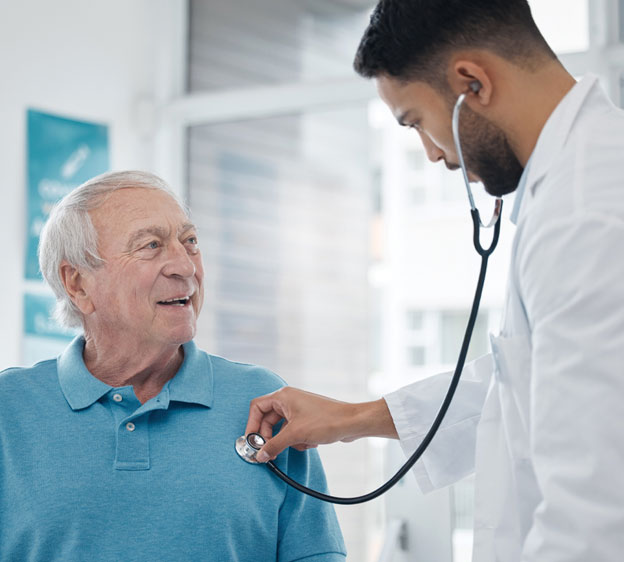
Chest pain can have a variety of causes. It doesn’t always indicate a serious problem — but it’s difficult for anyone except a medical professional to determine whether the pain is a sign of a medical emergency or something less serious. If chest pain is due to a heart attack, the price of disregarding your symptoms could be high.
Chest Pain Causes
You may associate chest pain with heart attack, for good reason — central or left-sided chest discomfort is a symptom of most heart attacks, according to the Centers for Disease Control and Prevention. If your heart isn’t getting enough blood, you may feel a type of chest discomfort called angina. Angina may feel like pressure in your chest, and you may also feel pain in your back, shoulders, arms, jaw or neck, according to the American Heart Association.
Not all chest pain is caused by a heart attack, but it could be a symptom of another condition that requires medical attention. Other causes of chest pain include:
- Blood clot in the lung
- Collapsed lung
- Esophageal spasms
- Gallstones
- Gastroesophageal reflux disease (GERD)
- Indigestion
- Muscle strain
- Panic attack
- Pneumonia
- Stomach ulcer
“GERD and indigestion are two of the most common causes of chest pain,” says Dr. Stephen Larson, a board-certified emergency medicine physician at Beaufort Memorial Pratt Emergency Center. “Patients may come to the ER with chest soreness that they’re unsure about. They may feel tenderness around their ribs after mowing the yard or moving boxes the day before. That’s musculoskeletal chest pain, which is also common.”
Read More: Food Rules for a Healthy Heart
How Do You Know When Chest Pains Are Serious?
The short answer is that it’s difficult to determine on your own. That’s why it’s usually better to err on the side of caution and visit the ER. There are signs, however, that may indicate when chest pain is concerning. First, consider the type of pain you experience and any other symptoms that may be present.
“We’re likely to be more concerned about dull, aching pressure than sharp pains,” Dr. Larson says. “Pain that comes on and stays with you for five to 10 minutes and then goes away is concerning. Symptoms that accompany chest pain can be quite important. It’s very concerning if, along with chest discomfort, you experience symptoms such as nausea, shortness of breath or sweating.”
When you’re experiencing chest pain and other heart attack symptoms, call 911 — don’t drive yourself or have someone drive you to the ER. The trained paramedics and EMTs will begin your assessment in the ambulance on the way to the hospital and will ensure our emergency room staff are prepared for your arrival.
Next, think about context. Chest pain may not occur in a vacuum. If you have risk factors for heart disease, chest discomfort may be a serious warning sign.
“If you cut your hand, you know exactly where the pain is coming from. It’s different with the heart,” Dr. Larson says. “The nerves from the heart extend over a network, so chest pain could be coming from somewhere around the heart. It’s difficult to pinpoint, which is why we see people in the ER. It’s important to consider the whole picture. If you have heart disease risk factors, such as high blood pressure, or if you smoke, you need to go to the ER if you develop chest pain.”
Bottom line: the higher your risk for heart disease, the more chest pain should concern you, according to Dr. Larson.
Read More: Why Women Shouldn’t Overlook Heart Disease
Steps to Save Your Heart
If you develop worrisome chest pain, Dr. Larson recommends taking an aspirin right away, if possible.
“It does no harm to take an aspirin,” he says. “That helps keep platelets in the blood from clumping together, which is what causes the temporary obstruction of coronary arteries that can lead to a heart attack.”
After taking an aspirin, go to the nearest ER as quickly as possible. Don’t delay — the sooner you can get to the ER, the sooner treatment can begin.
“Opening a blockage in a coronary artery before muscle damage occurs is huge for quality of life,” Dr. Larson says.
If you experience concerning chest pain, call 911.

